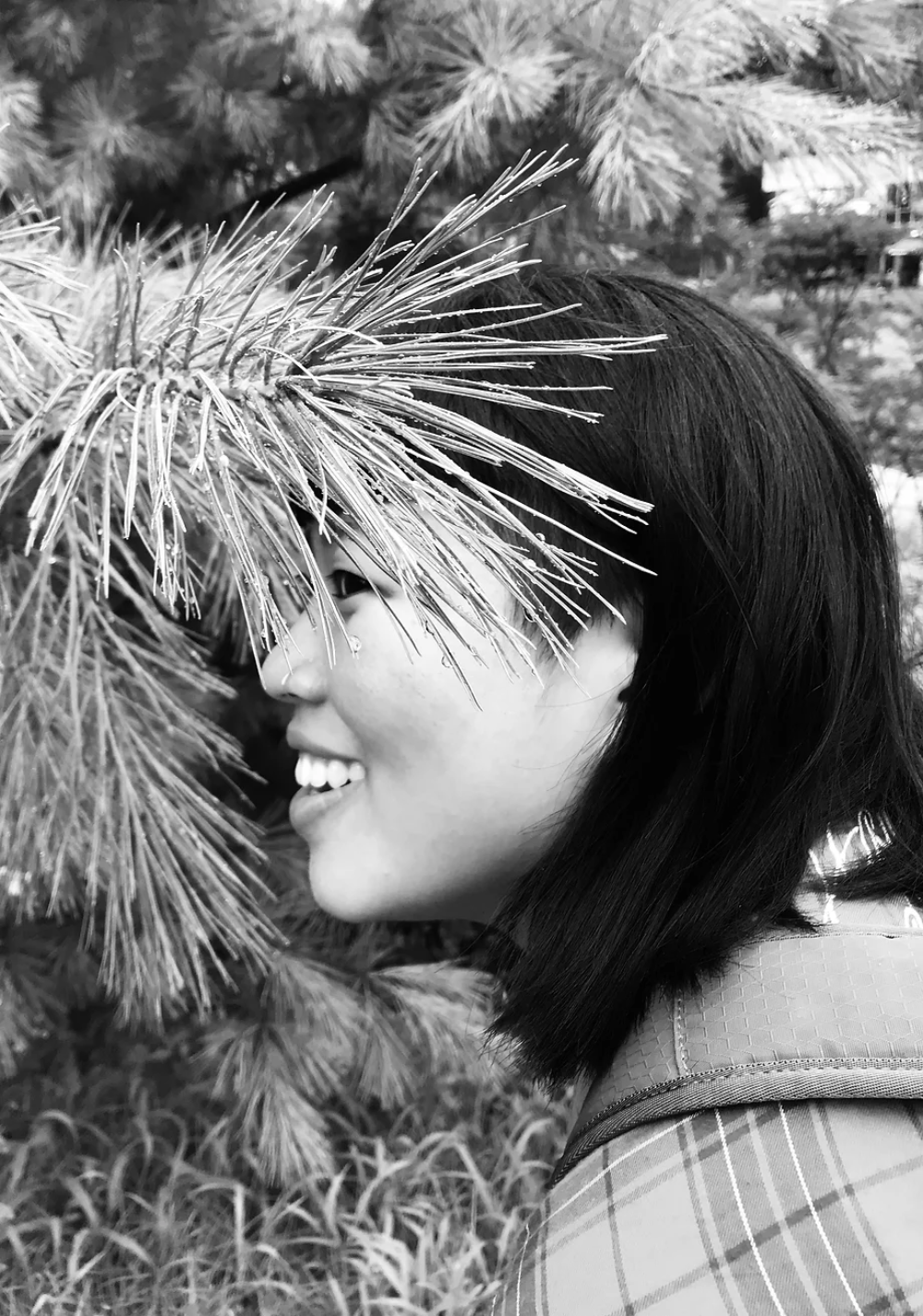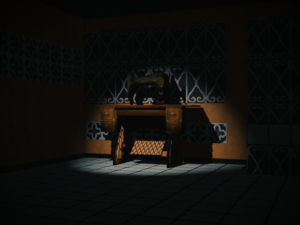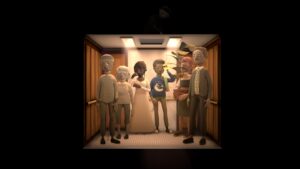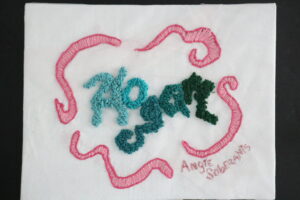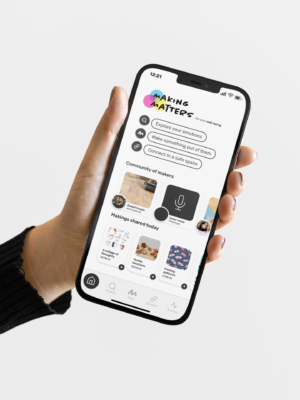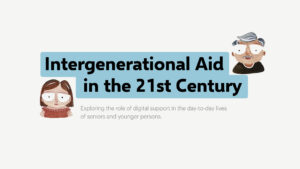Time, and the Ecological Futures of Everyday Living
Yejin Eun
See it On Campus: Level 2
Visitor InfoYou are invited to participate and build the phenology of life at Emily Carr University! (May 11-14th) 1. Please pick a questionnaire sheet near the installation if you are on campus. 2. Answer the ten questions. 3. Put the answered sheet into the drop box. If you cannot participate in person, please use the questionnaire link embedded at the bottom of this page. Thank you!
Visualizing hidden frames of time

Research Questions
Does immersion within a linear, technologically mediated, anthropocentric, and quantified perception of time, such as minutes, hours, days, and weeks, blind us from seeing the ecological and social impacts of our living?
How might different understandings and experiences of time allow us to perceive and act differently in our world?
Could a different attunement to time, as experienced by other creatures and cultures, help us conceive more ethical futures not only for ourselves, but for all beings, and our shared habitat?
Abstract
Between entering grad school in a new country and starting a new job, I found it difficult to continue the low-impact lifestyle I had been used to back home. Amplified pressure to use my time economically made it more challenging to practice held values and beliefs to minimize waste, seek out ethical products, and learn ways to live locally within seasonal rhythms. In the seemingly unstoppable stream of globalisation, industrialisation, modernisation, and urbanisation, it feels inconceivable to imagine how to live slowly with less; less artifacts, less conveniently, less productively, and less efficiently, in the pursuit of care and empathy with other-than-humans and our shared habitat. Quantified and synced by atomic clocks, phone screens, scheduling calendars, and unified time zones around the prime meridian, immerse us in a quantified, universalized, global, linear, progressive flow of time, whose pervasiveness can blind us to the ways our lives are structured around it, the values it is built upon, and the priorities it sets for economies, governments, societies, and individuals alike.
Acknowledging time as a given frame of the world, this thesis project seeks to explore the complex ways time shapes everyday living conditions in the hopes that other conceptions and awareness of time might open us up to other possibilities for more ecological ways of relating to and living in our world. Through exploring, tracing, and defamiliarizing time, this research attempts to better understand the simplified, automatic, and economically measured interactions with time that might be keeping us from living more ecologically value-driven and relational interpretations of time. Exploring a mix of immersion in different practices, making to reflect, visualizing to communicate, questioning, and navigating the gaps of understanding, this project of time seeks to reveal and defamiliarize our taken-for-granted notions of time.
Time Explorations
Click each image below for more information on my MDes 2023 Virtual Studio.
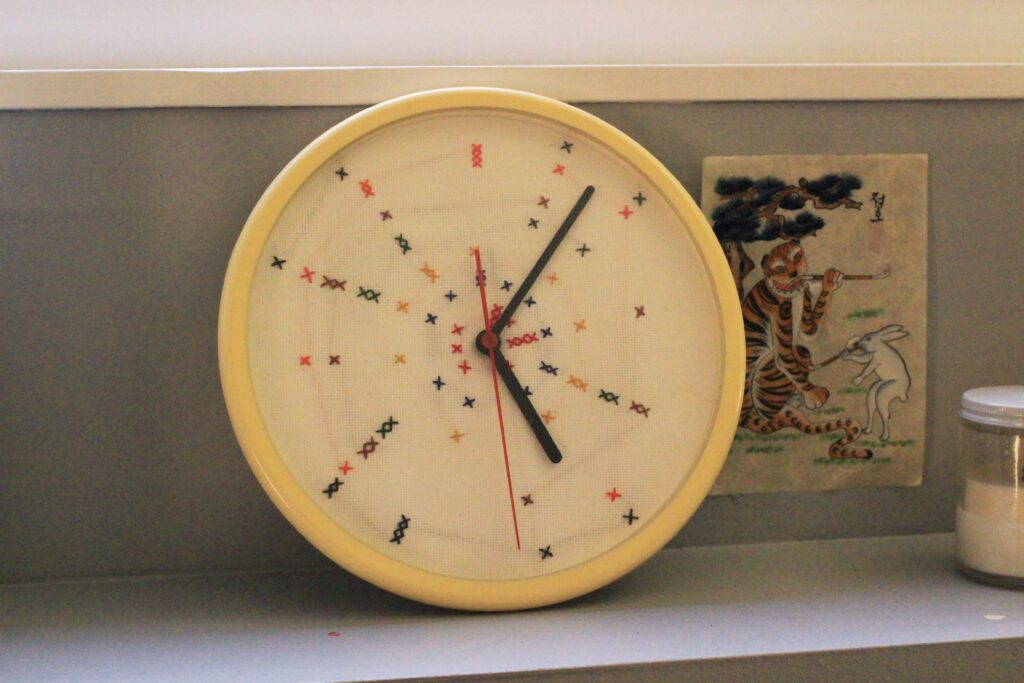
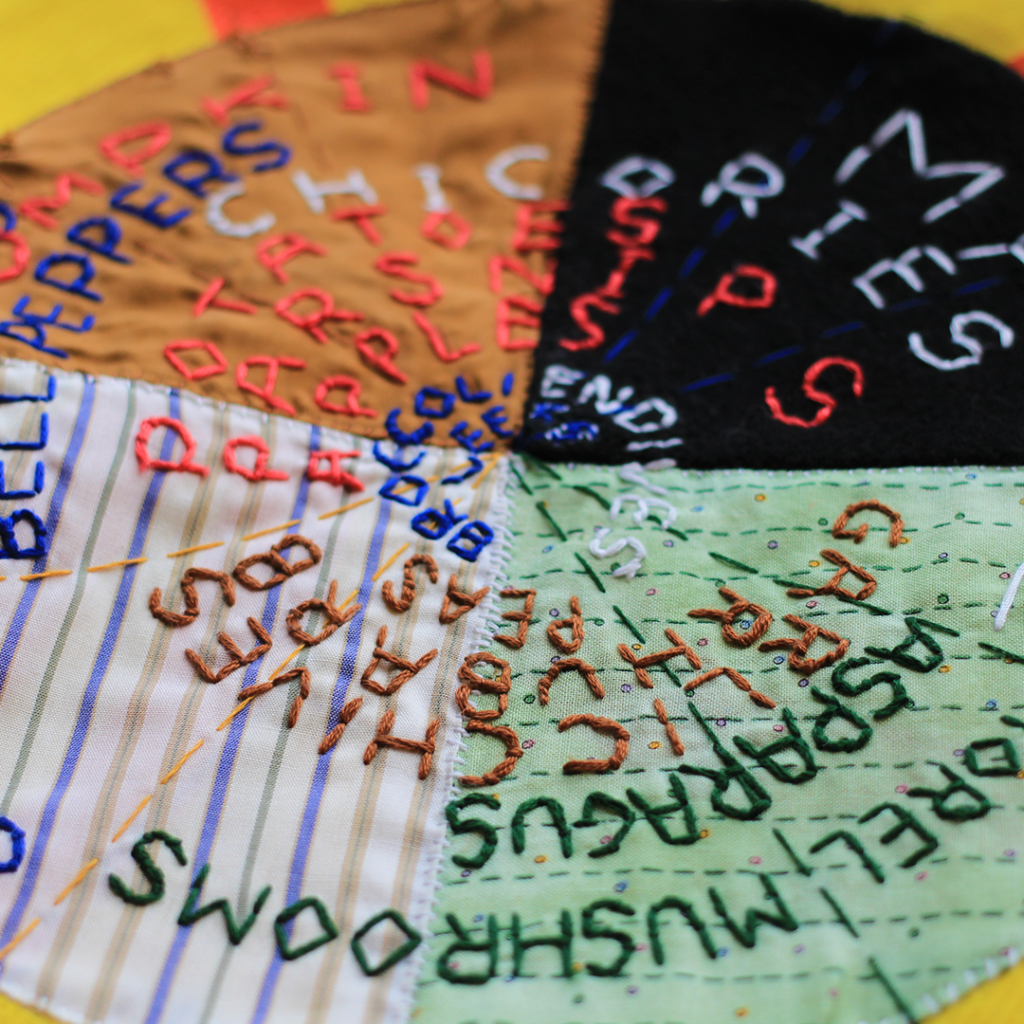
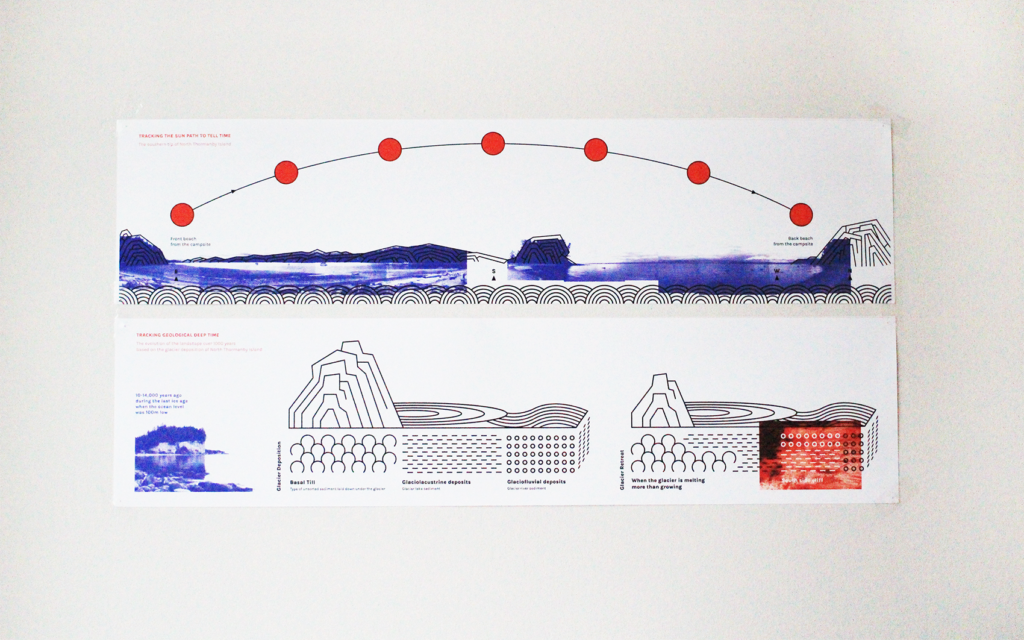
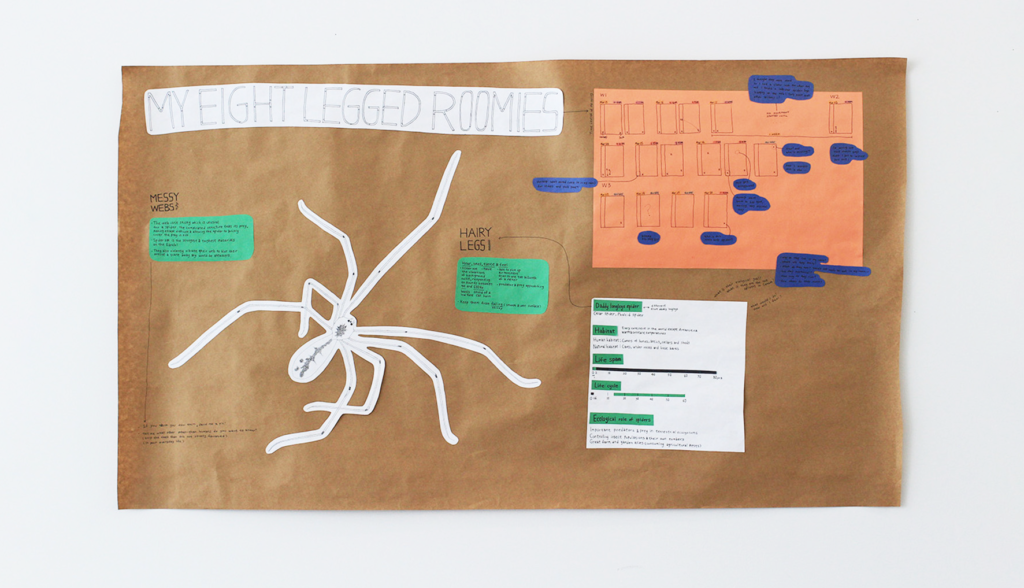
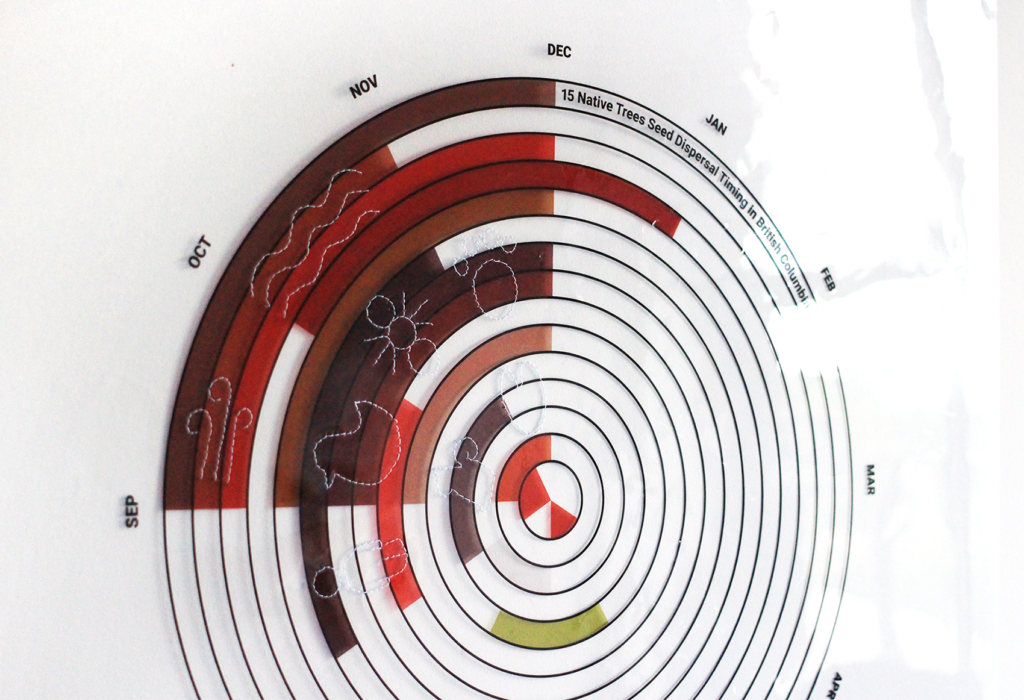

The meridian line
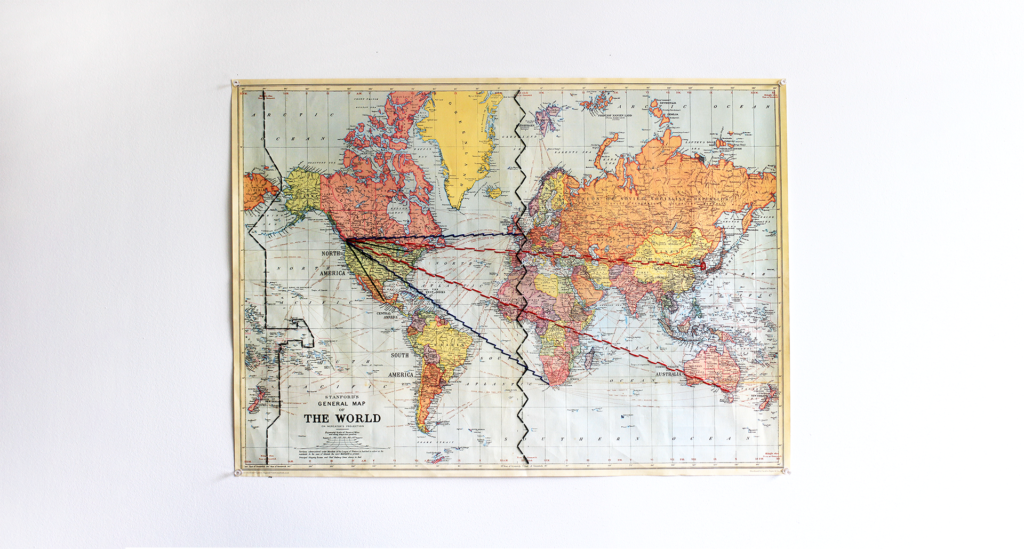
The time differences
Diagramming Frames of Time
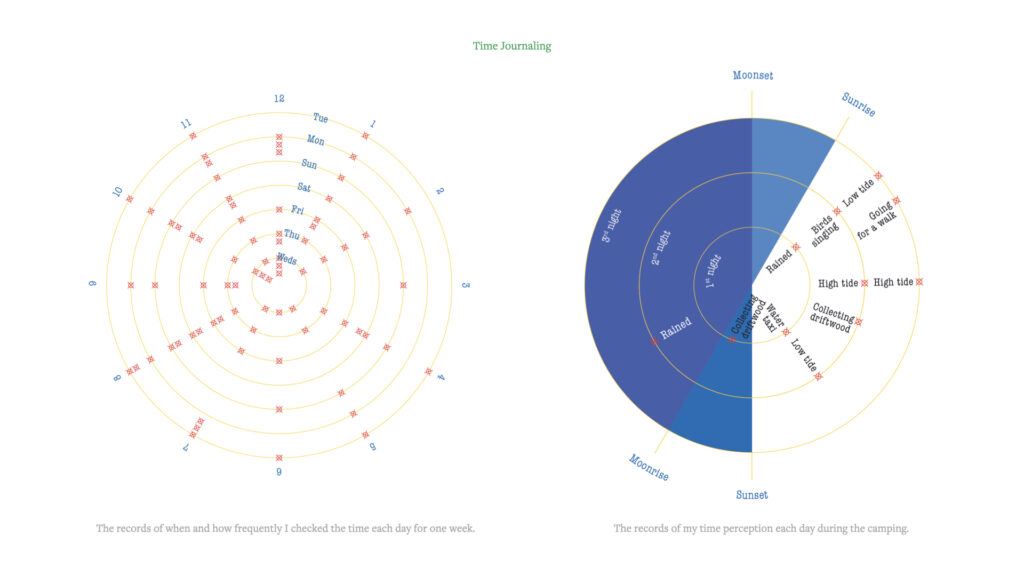
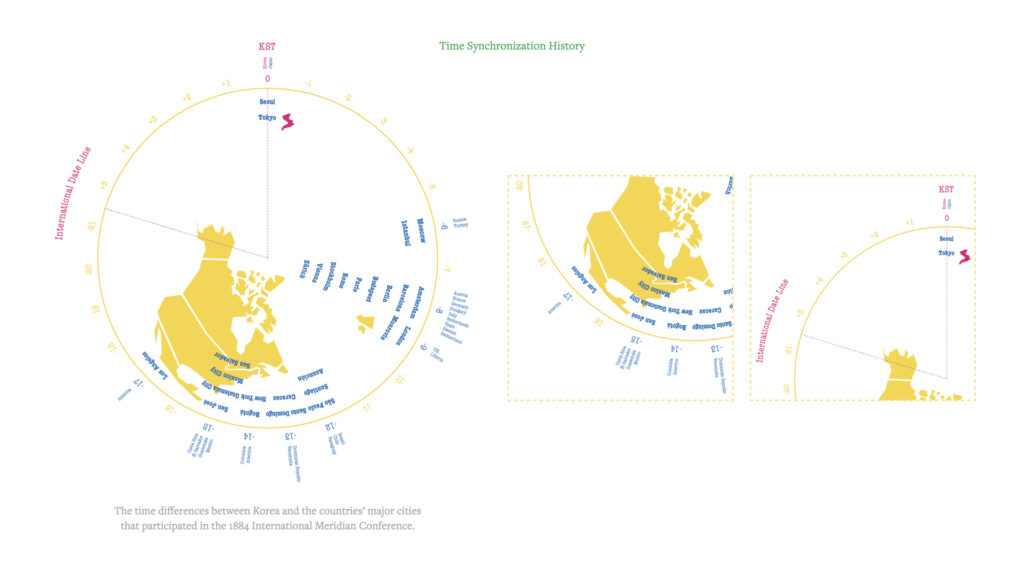
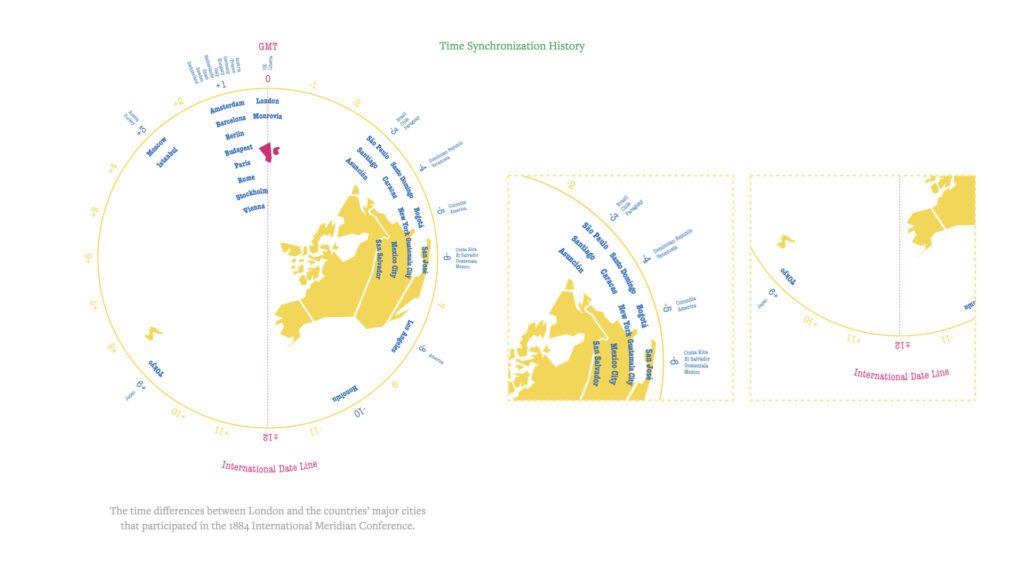
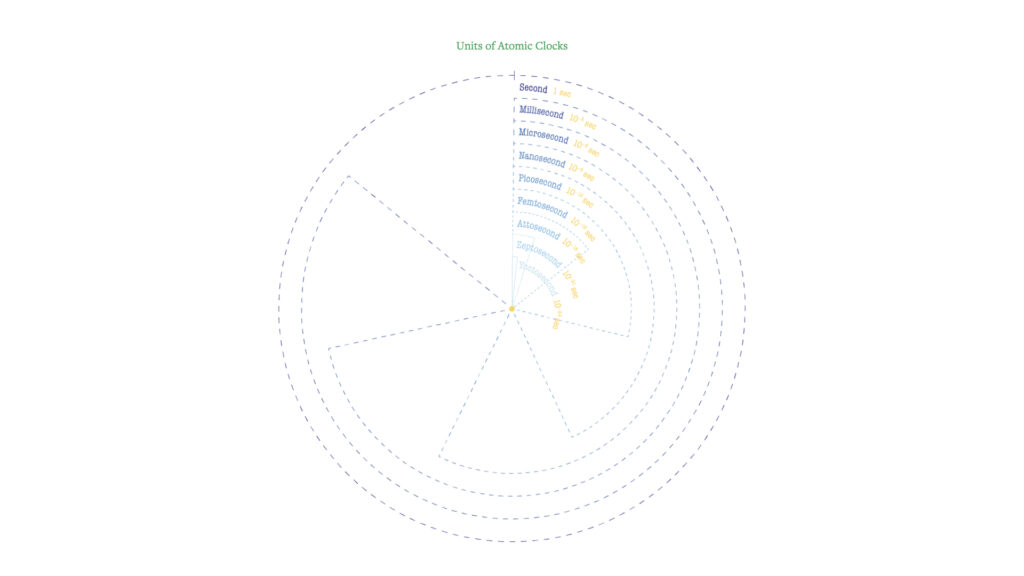
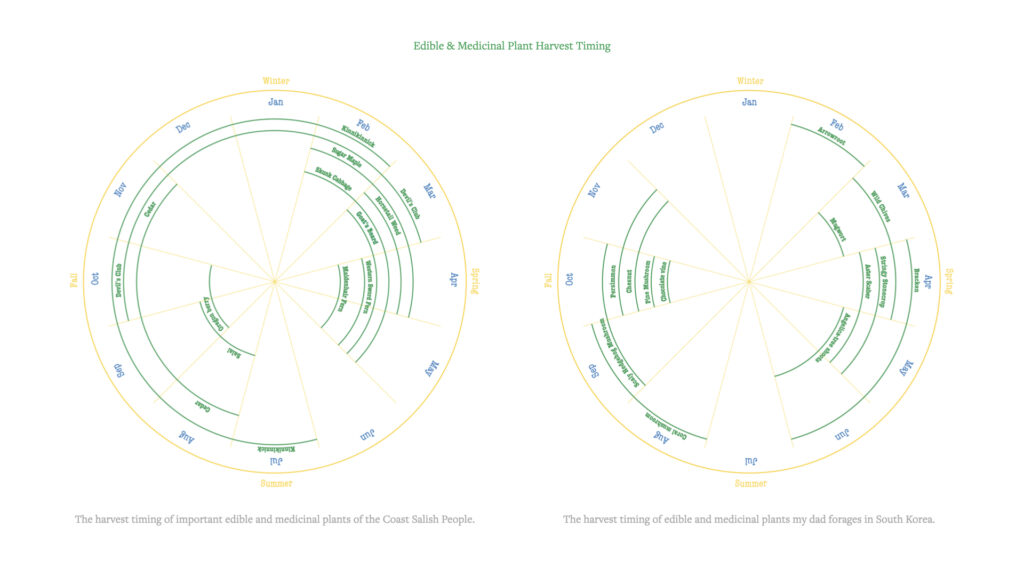
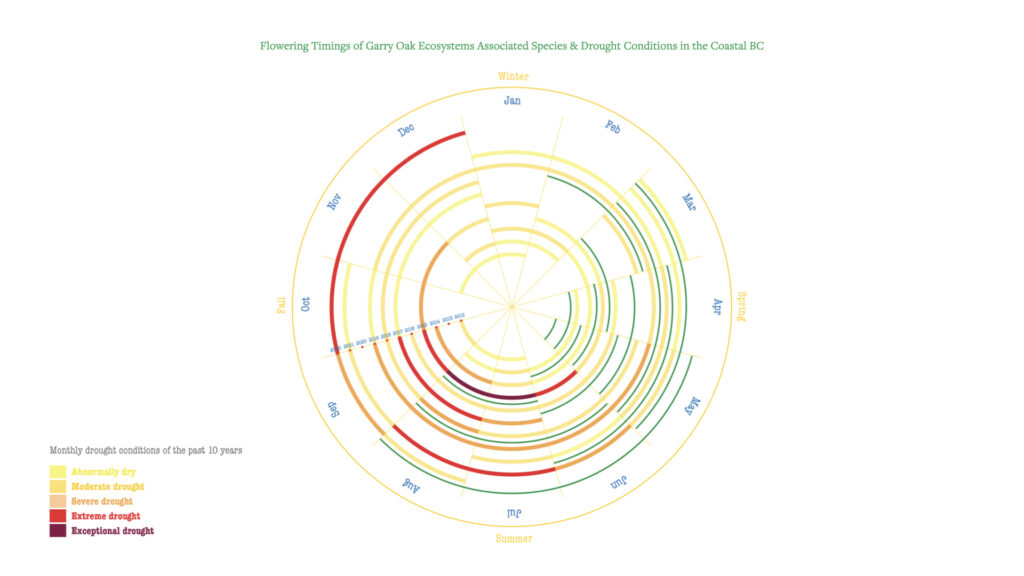
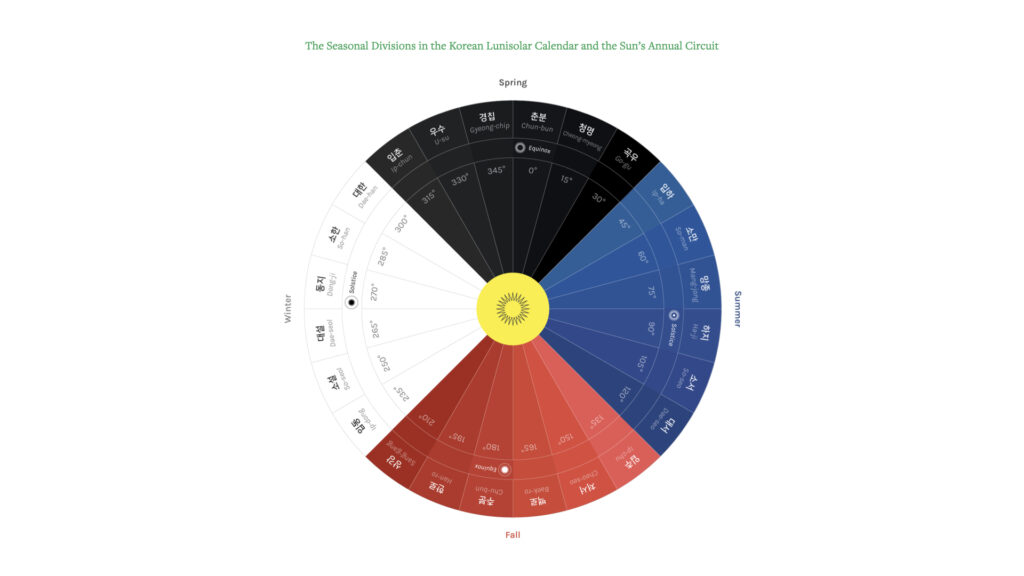
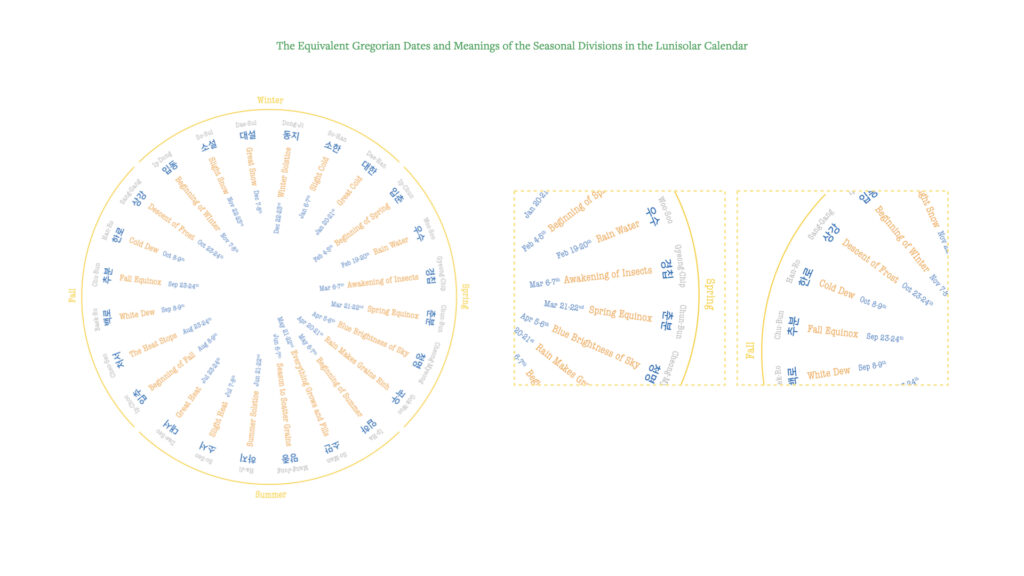
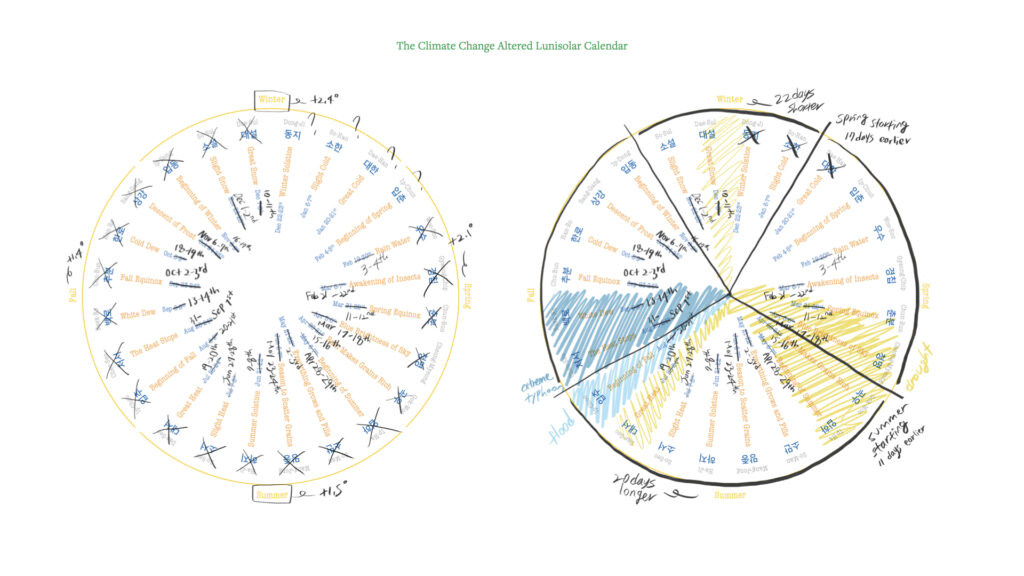
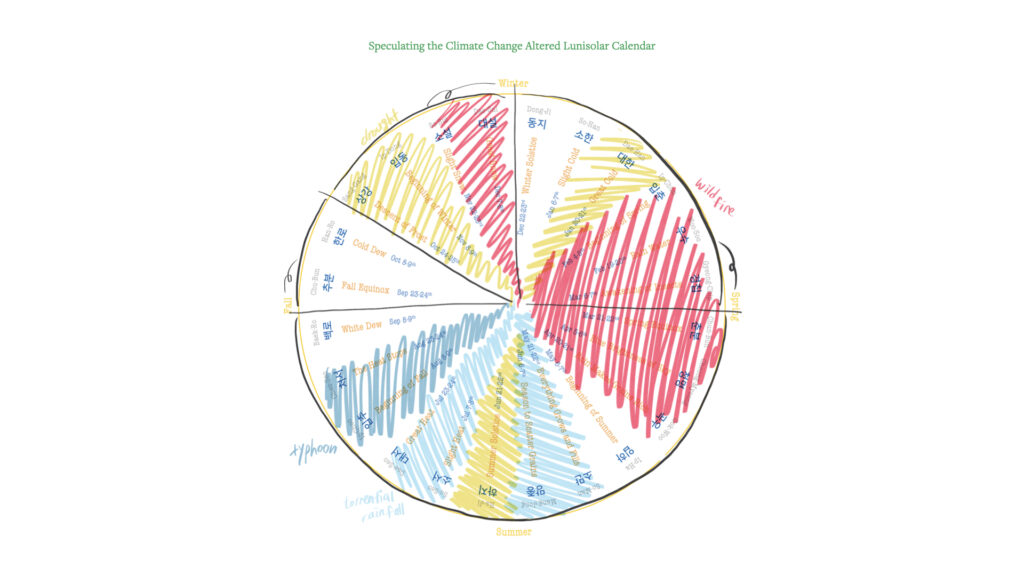
Visualizing the Phenology of Life at Emily Carr
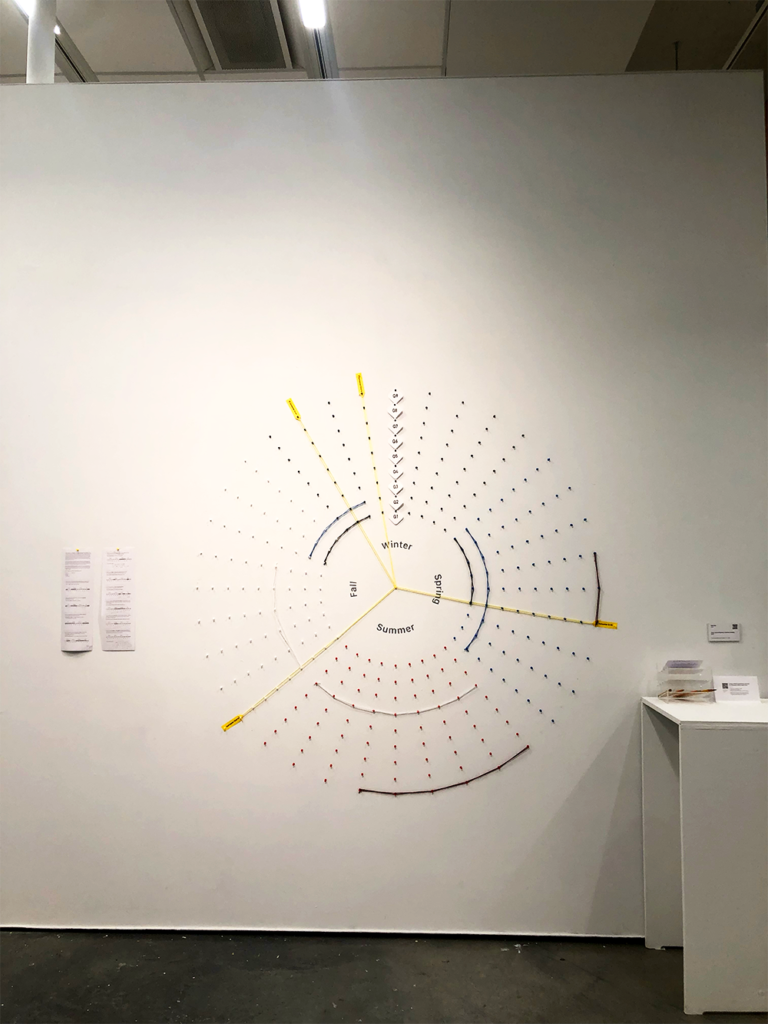
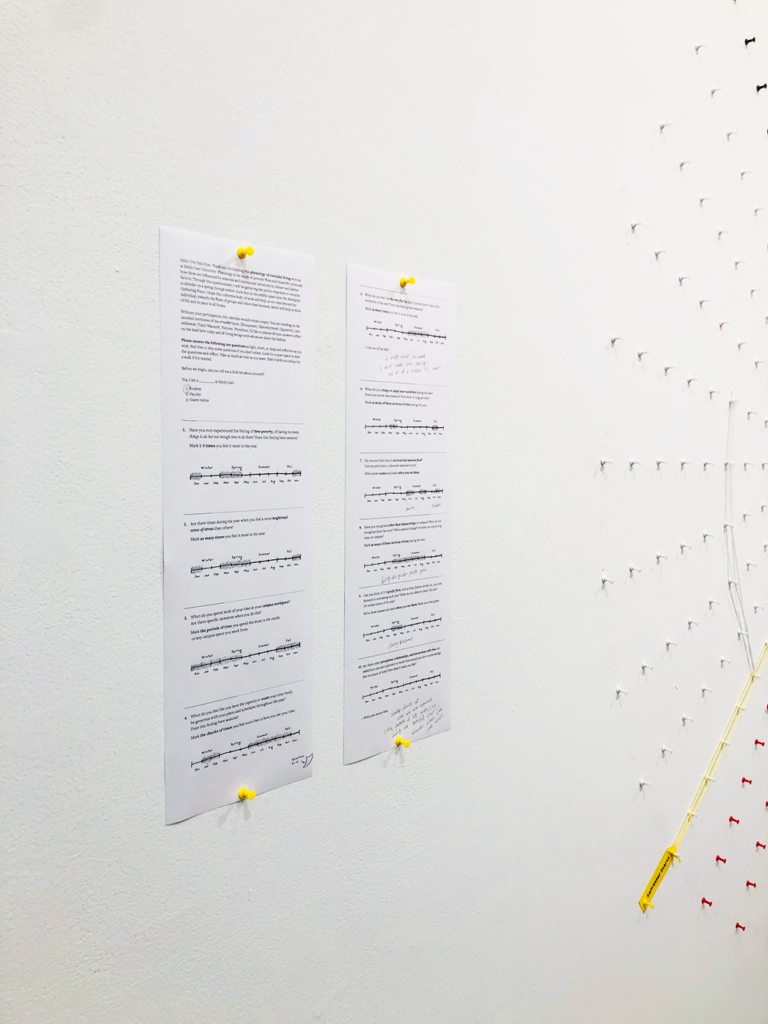
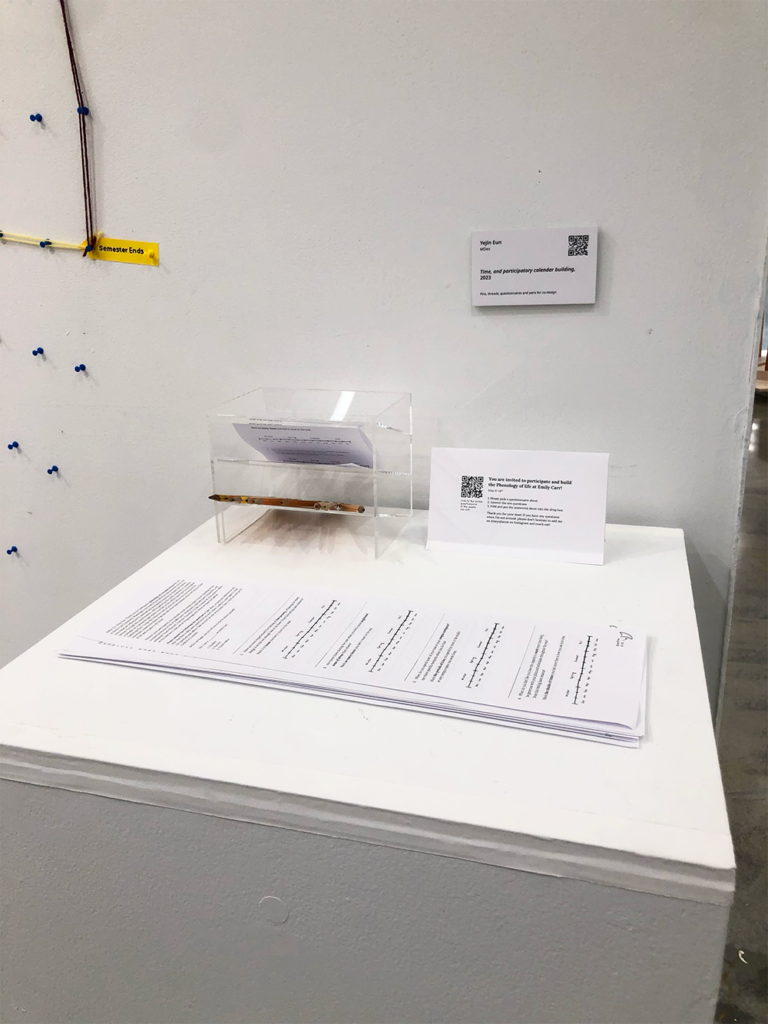
You are invited to participate and build the phenology of everyday living with me at Emily Carr University! (May 11-14th) I’ll be gathering the responses from the public, online and offline, during the exhibition period to visualize a calendar that helps us see time beyond the individual, towards the flows of groups, and more than humans, which will help us think of life and its time at Emily Carr in all forms. Without your participation, this calendar would remain empty!
If you are on Emily Carr campus, please pick a questionnaire sheet near the installation that is located near the Aboriginal Gathering Place. If not, you can use the link to participate online. Please answer the ten questions as light, short, or deep and reflective as you wish. Feel free to skip some questions if you don’t relate. Look for a quiet space to read the questions and reflect. Take as much time as you want. Take it with you and go for a walk if it’s needed. When you are done spending time with the questions, put the answered sheet into the drop box near the installation.
Thank you!
